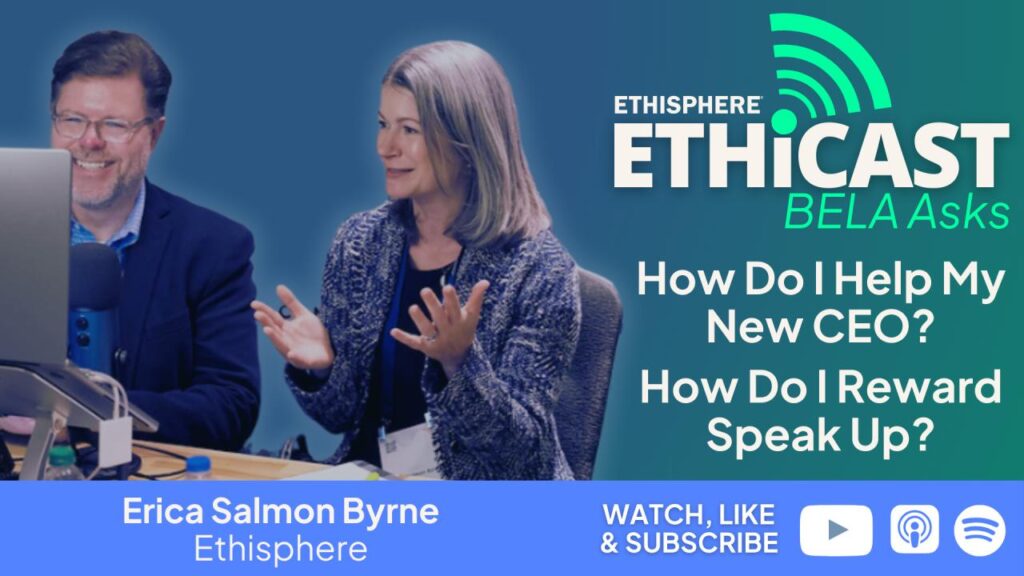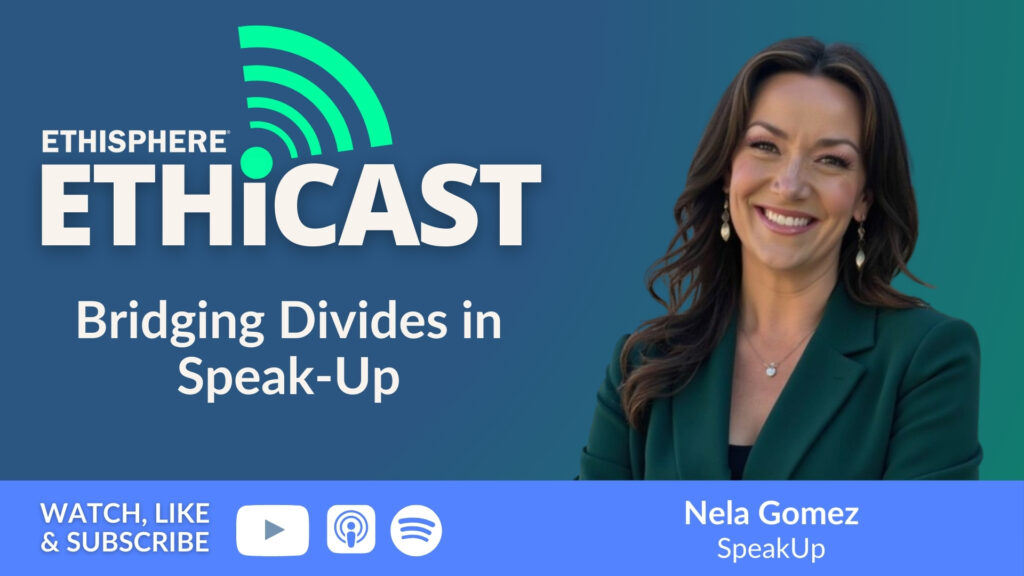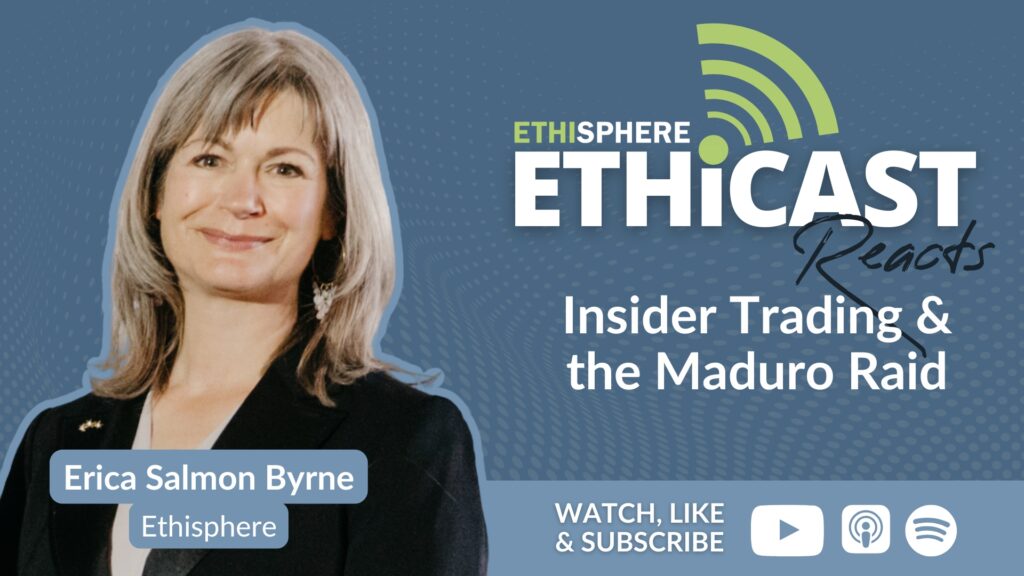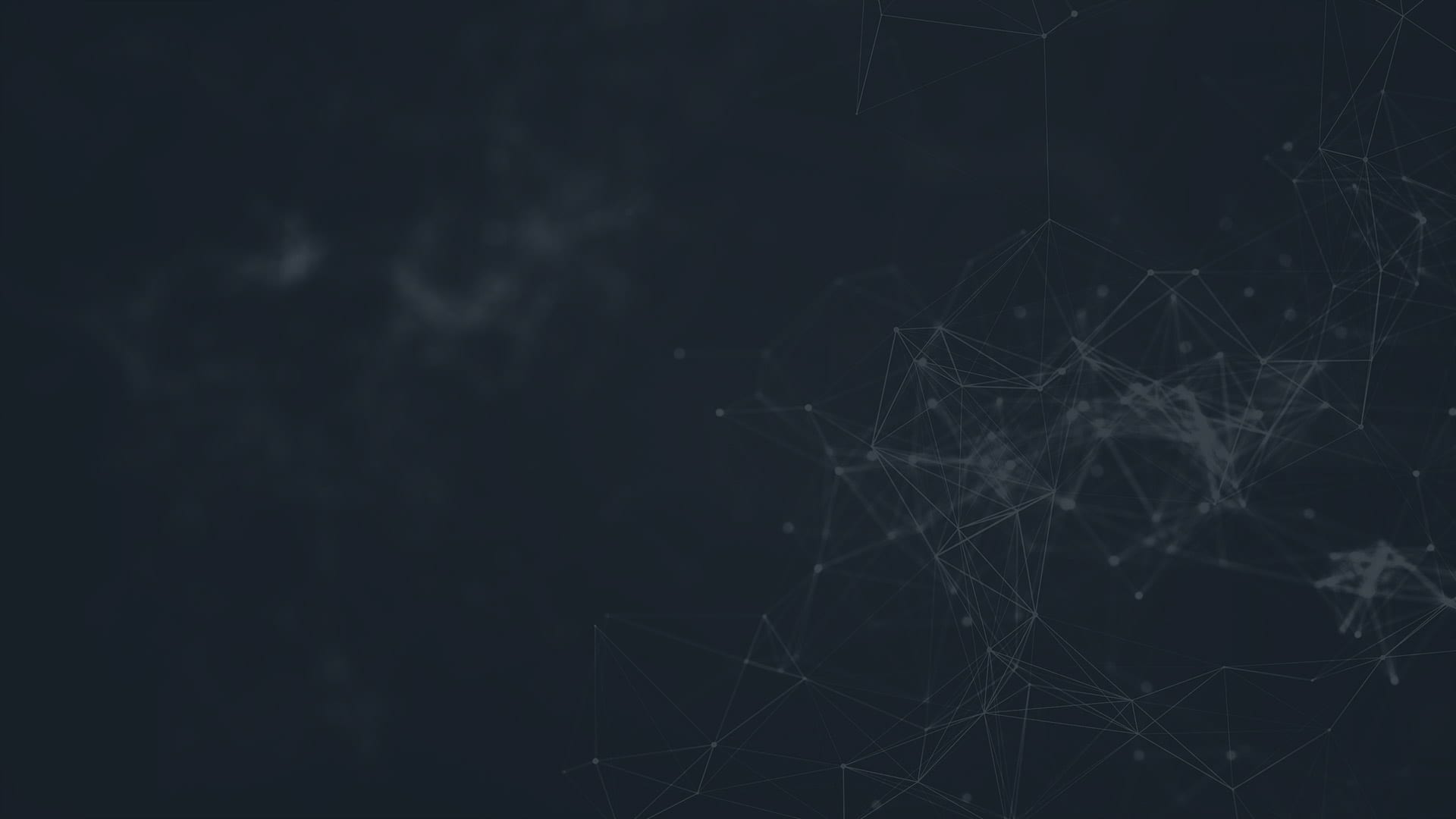
Global Ethics Summit Highlights: ESG with Extra “S”

AUTHOR:
Emily Rickaby
Director, Shared Expertise and Strategic Projects
Environmental, Social, and Corporate Governance (ESG) was one of the most popular topics at the Global Ethics Summit this year, and for good reason. ESG is in the spotlight for investors, shareholders, employees, customers, and other stakeholders – and, increasingly, on the agendas of ethics and compliance leaders. In 2020, the ‘S’ in ESG moved to the forefront, with companies expanding actions related to social justice, inclusion, and human rights.
- ESG: Implications for Ethics & Compliance Leaders
- Equity and Social Justice: Is It Different This Time?
- Disability Inclusion: The Next Chapter of ESG
Missed the Global Ethics Summit?

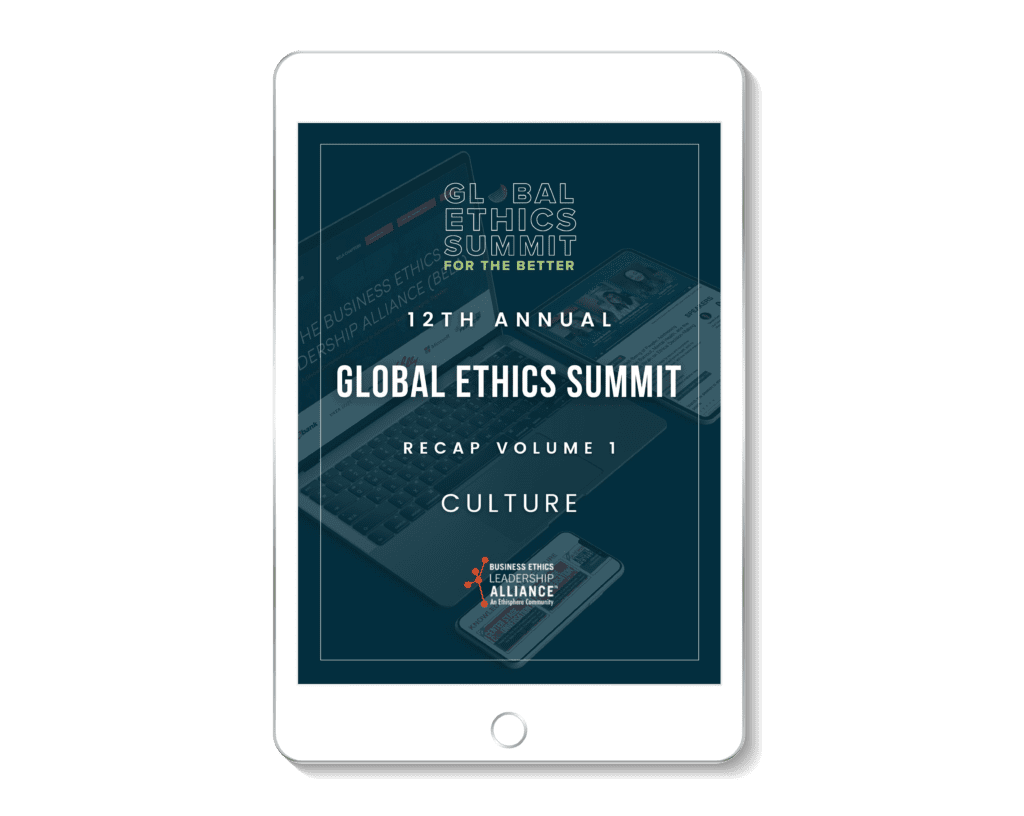
ESG: Implications for Ethics & Compliance Leaders
FROM THE HOT TOPIC SESSION:
The Ongoing Challenge of Effective ESG Reporting and Data Disclosure
EY’s Marc Siegel shared an overview of the differing approaches: standard setters (GRI, SASB), frameworks put out by international organizations (e.g., UN Sustainability Development Goals, International Integrated Reporting Council), data aggregators, and rating agencies offering a ‘quick’ score/ranking. He drilled down on each of the frameworks to offer insights into determining the best approach, and explained the different types of assurance and ways to involve finance and others.
“Understanding which of these issues are most important towards progressing your businesses goals is extremely important and will help the entirety of the organization, not just ESG reporting.“
– Marc Siegel, Partner, Financial Accounting Advisory Services, EY, SASB Board Member and former FASB Board Member, EY
Marsh & McLennan’s Kate Brennan shared insights into how the company’s reporting evolved to an integrated ESG report that factors in all leading guidance and focuses on data most relevant to their work. It also covers the governance structure and committee responsibilities. She emphasized the importance of working across an organization and the role of compliance.
“The Compliance function has a strong role to play in talking about and identifying how ESG fits into the culture and the purpose of the company. Compliance officers, as culture ambassadors, need to take the opportunity to learn about these issues and become advocates for change on these issues before these disclosures become mandatory,” she notes.
Schnitzer Steel Industries’ Brian Lewallen shared the company’s three-factor analysis in deciding disclosures, looking at: purpose, audience, and scope. He discussed how they will use some metrics to gauge continual improvement. He also explained how ESG disclosure expectations are growing and how to balance transparency with the ripple effects of new disclosures, such as risks that could be required in SEC reporting.
He notes, “Being reactive in a disclosure setting is a very dangerous position to be in. To the extent you are not already disclosing voluntarily now, I would encourage you to start…try to be proactive. There are a lot of time and resources invested in ESG disclosures–use the feedback and the scores you get, and gaps presented back to you to drive change in your organization, to become more sustainable and a better company for it.”
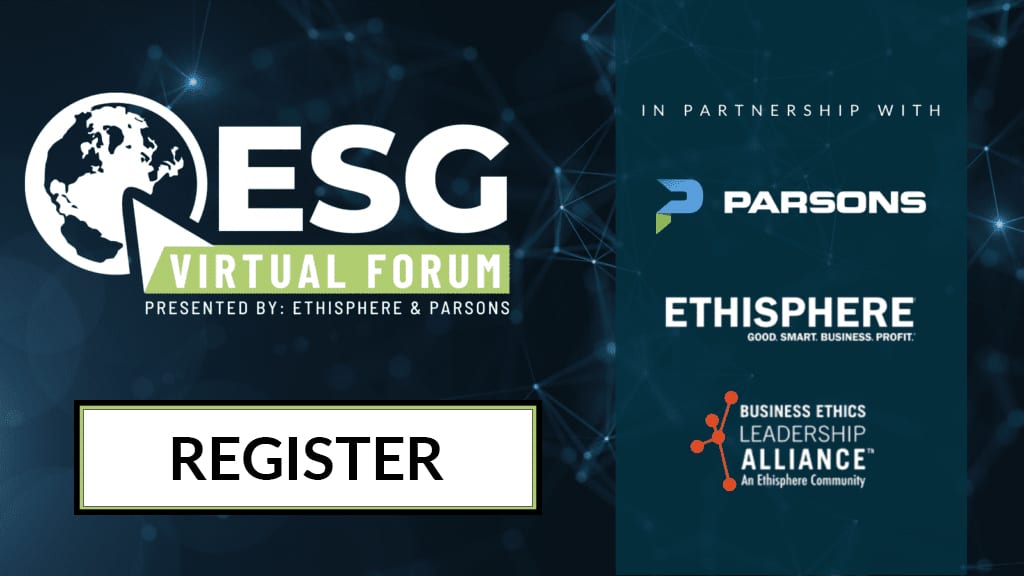
ESG DRILL DOWN:
The S in ESG: Prioritizing and Measuring Actions on Human Rights Issue
The definition of human rights continues to evolve and expand for companies. Many that have focused on fair labor and anti-slavery are now also looking at equal opportunity, inclusion and access to the fundamentals and freedoms of life. International human rights principles inform programs, the focus is specific to their companies and industries – in the case of Western Union, addressing risks most common for FinTech companies, and for J.M. Smucker looking closely at the supply chain, from safe work environments to employment practices and opportunities.
Mandated requirements and the rise in enforcement around human trafficking provide the entry point for companies looking to address broader human rights issues.
Cynthia Cordes, Partner, Husch Blackwell and nationally recognized former federal prosecutor, shares her experience: “The companies with the most robust compliance programs are always the ones who are less likely to end up in litigation and under investigation. Those who are wanting to take a more minimalist approach, don’t want to be proactive, kind of want to skim where it comes to cost on compliance, those are ultimately the ones who have bigger issues that arise but actually spend more on legal costs and remedy efforts because they have to be reactive and defend. Compliance programs not only speak to the integrity of a company but are important to invest in for risk mitigation and cost mitigation down the road.”
RELATED ESG RESOURCES
Equity and Social Justice: Is It Different This Time?
EQUITY & SOCIAL JUSTICE:
The Necessary Influence of the Business Community to Address What Divides
All agreed that the events of 2020 sparked a new resolve among many companies, and increased awareness and calls for change among a broader range of stakeholders.
In the words of Steve Rendle, “This is a time where actions need to speak much more loudly than words. Our stakeholders are looking very directly at what we will do to drive change and to create a culture of belonging, not just inside our four walls, but how we impact those communities that we live and work in and really empower our associates, our employees to take a proactive role in reaching into their communities and helping to drive change. It’s so, so important today, more important than ever.”
David Huntley added, “At AT&T, there are all kinds of initiatives that we have taken to not just give money to certain groups, but to really hold the mirror up to ourselves. It starts with us a company and what we are doing for employees and taking that lens and extending it to what we are doing in our respective communities.”
“It starts with us a company and what we are doing for employees and taking that lens and extending it to what we are doing in our respective communities.“
David Huntley, SEVP & Chief Compliance Officer
AT&T Inc.
The death of George Floyd was tragic and transformational. In companies, leaders were being asked to speak out and step forward to drive change, and many recognized that they had to talk openly with their employees.
At AARP, Jenkins immediately moved into action. She hosted an all-staff ‘Courageous Conversations’ call and invited employees to share videos of personal stories. There was an overwhelming response.
Jenkins also shared a personal story about being an African American woman raising two African American children. “I got more responses and comments from the staff than on anything I have said to them in the six years that I have been CEO. That was the first time that for many of my Caucasian colleagues that it was real for them, that even Jo Ann was having that kind of experience.” AARP continues to invite staff from across the to continue those conversations. They also share stories with the Board.
Likewise, VF Corporation put together listening sessions across the organization. The conversations were candid, and in some situations, extremely uncomfortable for those who haven’t experienced the same bias. Yet, they were vital to moving forward.
Businesses stepped up. Moving forward, the greatest challenge is keeping it going. AARP has put systems in place–elevating the Chief Diversity Officer to the executive team; putting leaders and the Board through unconscious bias training; and building out a diversity, equity, and inclusion framework around workplace, workforce, and marketplace.
Yet Jenkins highlights that “this is not a problem that is going away” and needs to remain front and center.
For VF Corporation, “The actions that we are taking and commitments we are making need to be embedded in our corporate and brand strategies. If in fact we are driving against those strategies that that we have put forward, that enable us to deliver our commitments to our stakeholders and shareholders. Those are the guardrails. These are the things we have stated are important to our consumers, that will drive the level of performance that we expect of ourselves,” stated Rendle.
Disability Inclusion: The Next Chapter of ESG
THE CASE FOR GREATER DISABILITY INCLUSION AT THE COMPANY:
Values, Metrics, and Long-Term Performance
1 billion
disabled people in the world
1 in 4
people have a disability
1+ million
service-connected veterans with a 70% – 100% disability
33 PERCENT
labor force participation rate for people with disabilities; 76% without
Jenny Lay-Flurrie shares that the investment in disability inclusion is worth it. “We see this every day at Microsoft, by having talent with disabilities giving their expertise and insight into our products, our products are quite simply inclusive and better.”
Voya Financial is recognized by Ethisphere as a World’s Most Ethical Company–which factors in diversity and inclusion into the honor. The company has also been awarded a “Best Place to Work for Disability Inclusion.” According to Paul Gennaro, “Consumers are looking to see on your advertising more representation of people with disabilities and special needs…On social media, we’ve leveraged disability inclusion from a content standpoint, and it has outperformed anything else we have done… There is an appetite out there, it’s just smart to do.”
Ted Kennedy highlighted the business imperative of disability inclusion, “People now are focusing more and more on the companies that they do business with…People with disabilities want to align with companies who share their vision and goal for equality and justice for the things they care about. It’s here to stay… Disability inclusion is the next chapter of ESG and corporate responsibility.”
“Disability inclusion is the next chapter of ESG and corporate responsibility.“
Ted Kennedy Jr., Board Chair, American Association of People with Disabilities
28%
higher revenue
30%
better performance on economic profit margins
2x
higher net income

American Association of People with Disabilities
Accenture Report: The Disability Inclusion Advantage
Global Ethics Summit Session: An Inclusify Mindset – Practical Changes Companies Can Make to Progress D&I. Presenters include Dr. Stefanie K. Johnson, Associate Professor and Author of INCLUSIFY, University of Colorado Boulder Leeds School of Business; Antonio Fernandez, Vice President, Chief Ethics and Compliance Officer, FirstEnergy, Terry H. Stringer, Head of Ethics Office Employment Ethics Compliance & Investigations, HP, Inc.; and Ash Mishra, Senior Assistant General Counsel, Polaris Industries
